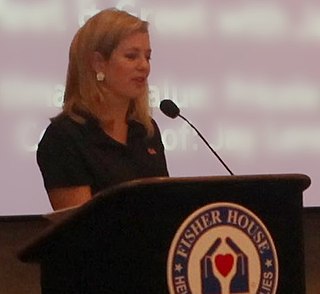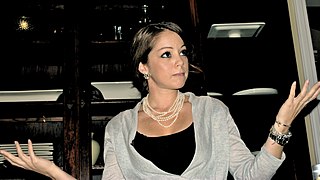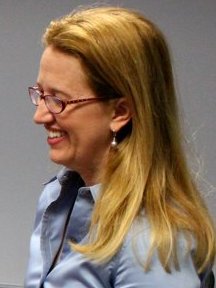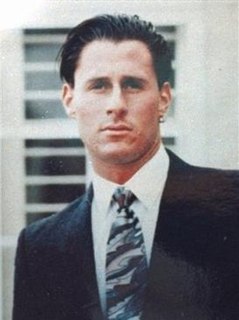A Quote by Anna Quindlen
Poor kids are much more likely to become sick than their richer counterparts, but much less likely to have health insurance. Talk about a double whammy.
Related Quotes
People who believe that they are going to be excommunicated and shamed, or whatever other dark things may happen to them, are much less likely to enter open, loving relationships. And they are also much less likely to have the self-esteem that is required to be monogamous and loving. And in consequence, they are much less likely to create families.
Some kids win the lottery at birth; far too many don't - and most people have a hard time catching up over the rest of their lives. Children raised in disadvantaged environments are not only much less likely to succeed in school or in society, but they are also much less likely to be healthy adults.
The point is that families today are spending their money no more foolishly than their parents did. And yet they're five times more likely to go bankrupt, and three times more likely to lose their homes. Families are going broke on the basics - housing, health insurance, and education. These are the kind of bills that you can't just trim around the edges in the event of a downturn.
My parents were both first-generation Irish Catholics raised in Brooklyn. But it was more for me - it was that women of that generation were even less likely to express themselves, more likely to have that active interior life that they didn't dare speak out. So I was interesting in women of that era. I was interested in the language of that era. There's so much. And, certainly, this is cultural, so much there wasn't spoken about.
Some decisions are obviously much more inconsequential than others. For example, let's say you choose the blue shirt over the red one; not much is likely to change. Red meat over white meat once a week won't likely make a huge difference in your health. But if you believe that grilled chicken is healthier than a cheeseburger, your lunch choice might cause you to pause; especially if you know that the cheeseburger also comes with fries and a large chocolate shake.
24.9 percent of American children live in poverty, while the proportions in Germany, France and Italy are 8.6, 7.4 and 10.5 percent. And once born on the wrong side of the tracks, Americans are more likely to stay there than their counterparts in Europe. Those born to better-off families are more likely to stay better off. America is developing an aristocracy of the rich and a serfdom of the poor - the inevitable result of a twenty-year erosion of its social contract.

































